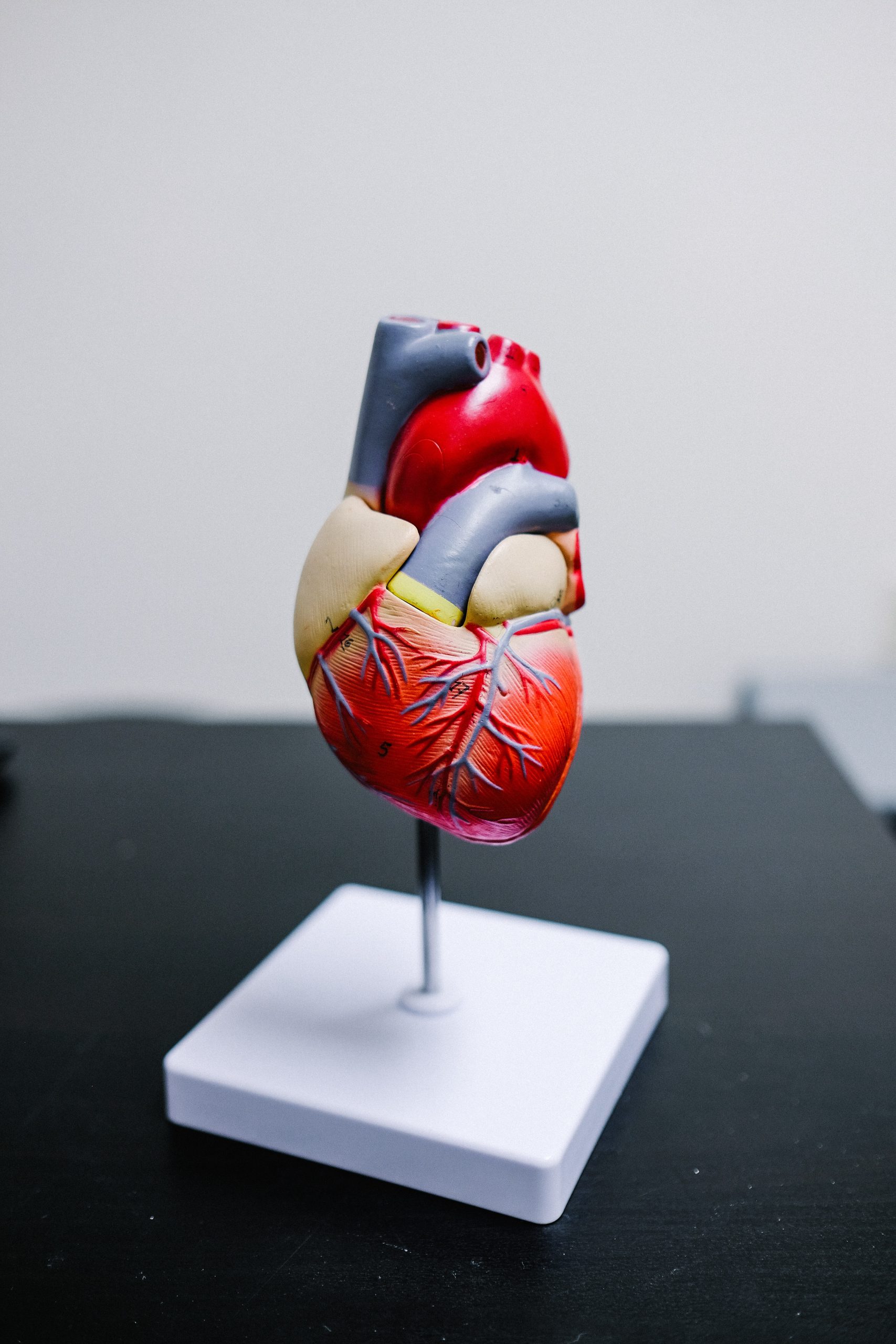Heart disease is a broad term used to describe a variety of conditions that affect the heart and its ability to function properly. One of the most common types of heart disease is valve disease, which occurs when one or more of the heart valves are damaged or diseased. Heart valve replacement is a surgical procedure that is often recommended to treat valve disease and restore the heart’s normal function. In this article, we will discuss heart disease and heart valve replacement, including the causes of valve disease, symptoms, and treatment options.
Causes of Valve Disease
Valve disease can be caused by a variety of factors, including age, genetics, and underlying health conditions. Some of the most common causes of valve disease include:
- Congenital heart defects: These are heart defects that are present at birth, including abnormalities of the heart valves.
- Age-related wear and tear: Over time, the heart valves can become damaged or calcified, leading to valve disease.
- Infections: Certain infections, such as endocarditis, can damage the heart valves.
- Rheumatic fever: This is a complication of untreated strep throat that can damage the heart valves.
- Connective tissue disorders: Some connective tissue disorders, such as Marfan syndrome, can lead to valve disease.
Symptoms of Valve Disease
The symptoms of valve disease can vary depending on the severity of the condition and which valve is affected. Some common symptoms of valve disease include:
- Chest pain or discomfort
- Shortness of breath, especially during physical activity or when lying down
- Fatigue or weakness
- Dizziness or fainting
- Rapid or irregular heartbeat
If you are experiencing any of these symptoms, it is important to speak with your doctor as soon as possible. Early detection and treatment of valve disease can help prevent complications and improve outcomes.
Diagnosis of Valve Disease
To diagnose valve disease, your doctor will likely perform a physical exam and order several tests, including:
- Echocardiogram: This is an imaging test that uses sound waves to create pictures of the heart and its valves.
- Electrocardiogram (ECG): This test records the electrical activity of the heart and can detect abnormalities in heart rhythm.
- Chest X-ray: This test can help your doctor see the size and shape of your heart and detect any abnormalities.
- Cardiac catheterization: This is an invasive procedure that involves inserting a thin, flexible tube into a blood vessel and threading it up to the heart. It can help your doctor see the blood flow through your heart and measure the pressure in your heart chambers.
Treatment of Valve Disease
The treatment of valve disease depends on the severity of the condition and which valve is affected. In some cases, lifestyle changes and medications may be enough to manage the symptoms of valve disease. However, if the valve disease is severe or causing complications, your doctor may recommend heart valve replacement surgery.
Heart valve replacement surgery involves removing the damaged or diseased valve and replacing it with a new valve. There are two main types of heart valve replacement surgery:
- Mechanical valve replacement: This involves replacing the damaged valve with a mechanical valve made of metal or plastic. Mechanical valves are durable and long-lasting, but they require lifelong anticoagulant therapy to prevent blood clots.
- Biological valve replacement: This involves replacing the damaged valve with a biological valve made from human or animal tissue. Biological valves are less durable than mechanical valves but do not require lifelong anticoagulant therapy.
In some cases, minimally invasive valve replacement surgery may be an option. This involves making small incisions in the chest rather than a large incision, which can reduce pain and recovery time.
Recovery from Valve Replacement Surgery
Recovery from heart valve replacement surgery can take several weeks to several months, depending on the type of surgery and the individual’s overall health. After surgery, patients will need to stay in the hospital for several days to monitor their recovery and ensure that there are no complications. During this time, patients will receive pain management medication and may need to be on a ventilator to help them breathe.
Once the patient is stable, they will be discharged from the hospital and sent home to continue their recovery. Recovery from heart valve replacement surgery involves slowly increasing activity levels and participating in a cardiac rehabilitation program to help regain strength and endurance.
It is important for patients to follow their doctor’s instructions for post-surgical care, including taking medications as prescribed, following a healthy diet, and attending all follow-up appointments.
Complications of Valve Replacement Surgery
As with any surgery, heart valve replacement surgery comes with certain risks and complications. Some of the most common complications of heart valve replacement surgery include:
- Bleeding
- Infection
- Blood clots
- Heart rhythm problems
- Stroke
- Death (in rare cases)
It is important to discuss the risks and benefits of heart valve replacement surgery with your doctor before undergoing the procedure.
Prevention of Valve Disease
While some causes of valve disease, such as age and genetics, cannot be prevented, there are steps you can take to reduce your risk of developing valve disease. These include:
- Maintaining a healthy diet and exercising regularly
- Managing chronic health conditions, such as high blood pressure and diabetes
- Avoiding tobacco use
- Getting regular check-ups with your doctor
- Seeking treatment promptly for any infections
Conclusion
Valve disease is a common type of heart disease that can cause a variety of symptoms and complications. While mild cases of valve disease may be managed with lifestyle changes and medications, more severe cases may require heart valve replacement surgery. If you are experiencing symptoms of valve disease, it is important to speak with your doctor as soon as possible to receive a proper diagnosis and treatment plan. With early detection and treatment, many people with valve disease can go on to live healthy, active lives.


